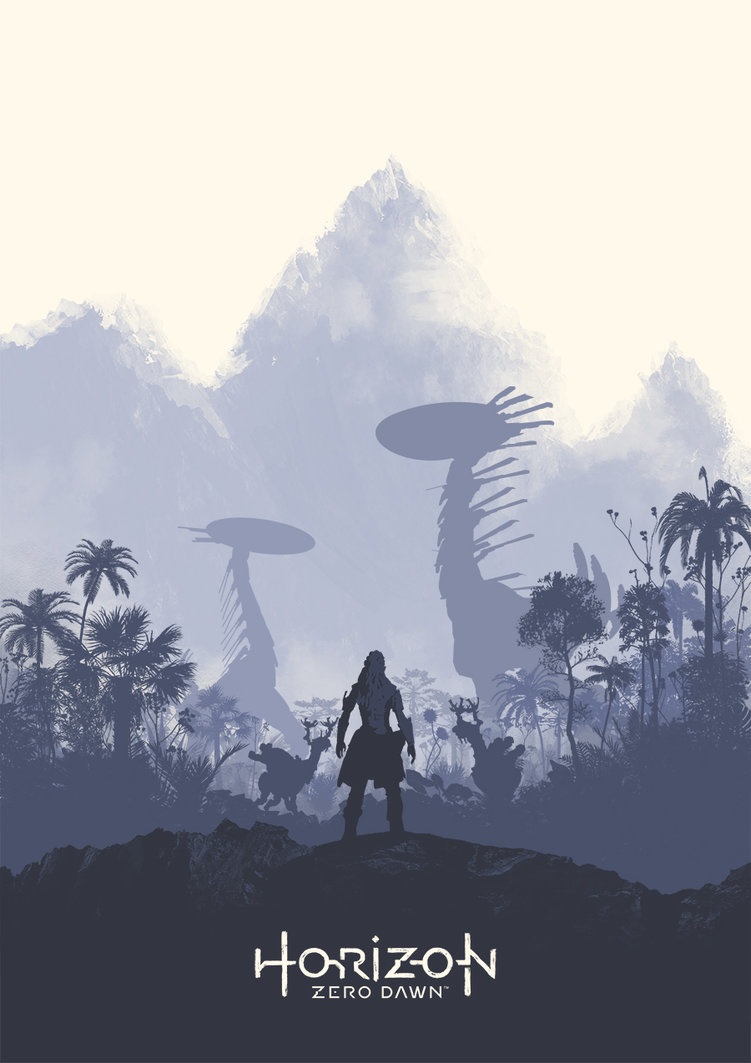Why people decide on certain vehicles over others depends on numerous factors, including company, model, fuel type, driver autonomy, condition etc. This is not the topic I wish to address here. What I do want to consider is the balance struck between personal engagement and psychological manipulation in the selling process. This give and take is present every time we enter a store but it becomes more pronounced the larger the purchase. People who sell vehicles know how personal a decision it is and how much money is riding on a sale.
I recently had the opportunity to be part of this dynamic. The sales people I met were all courteous, helpful and enjoyable to speak to. There was always a sense of being sold to but some individuals were better at concealing it with niceties than others. Once the agreement to buy a vehicle was made with a dealer the pressure subtly increased.
I was taken into a small room to sign the papers and was presented with additional options, such as rust protection and extended warranties. I was encouraged to agree to these options 'for the good of your investment'. Whether these options are good or bad is up to the individual, although I always recommend doing some research before deciding. What I found interesting is how naturally the whole process guided me from one price increasing scenario to another. I know that there is sincerity behind the sales spiels but where it ends and the tactics begin is difficult to decipher.
This is the power of charisma and modern sales psychology. I'm old fashioned in many ways, preferring to go with less features in the interest of having fewer things go wrong with the vehicle, and this extends to taking as few extras as possible, but when you're spending so much money the attraction of protecting what you've bought is very persuasive.
The vehicle purchasing situation highlights the importance of selfishness in capitalist culture. Personability is used to increase the chances of purchase so, to protect oneself from getting taken advantage of, the buyer has to be skeptical and mistrusting, at least to a degree. This is one of the things I particularly dislike about the consumer reality. Because there is so much pressure put on us to buy-buy-buy we become mistrusting and cynical, believing that everyone wants to milk us for everything we've got. These mentalities do not equal healthy societies where everyone feels a stake in the whole's well-being.
Such situations remind me how important it is for us to see our similarities rather than differences. Few people want to be considered solely for their economic value yet that value carries so much weight in capitalist culture. Being too conservative (aka, looking out for oneself) ultimately leads to a lowering of everyone's standard of living since those not fortunate enough to start in positions of privilege, and those unfortunate enough to fall from them, will negatively impact everyone else. I also understand the need to ensure people work to improve themselves so they do not become reliant on charity. From my own perspective, a strong social support network needs to be in place to help those in need achieve autonomy. They can then support themselves and give back to help others.
There are so many layers to the world we inhabit it's difficult to decide what's the best way forward. We're faced with competing demands for our time, resources and ideas. Maintaining a moral society while also protecting ourselves from those who would exploit us requires a mind that's fully present in the moment with minimal distractions and a healthy foundation.
How difficult do you find it to achieve balance between protecting yourself and helping others? So long as I keep my life calm and in control I don't usually find it too challenging but entering a new situation can illustrate just how interconnected and uncertain many of our interactions are. Compared to navigating reality, exploring the worlds in fictional stories often seems like a breath of fresh air.

 RSS Feed
RSS Feed
